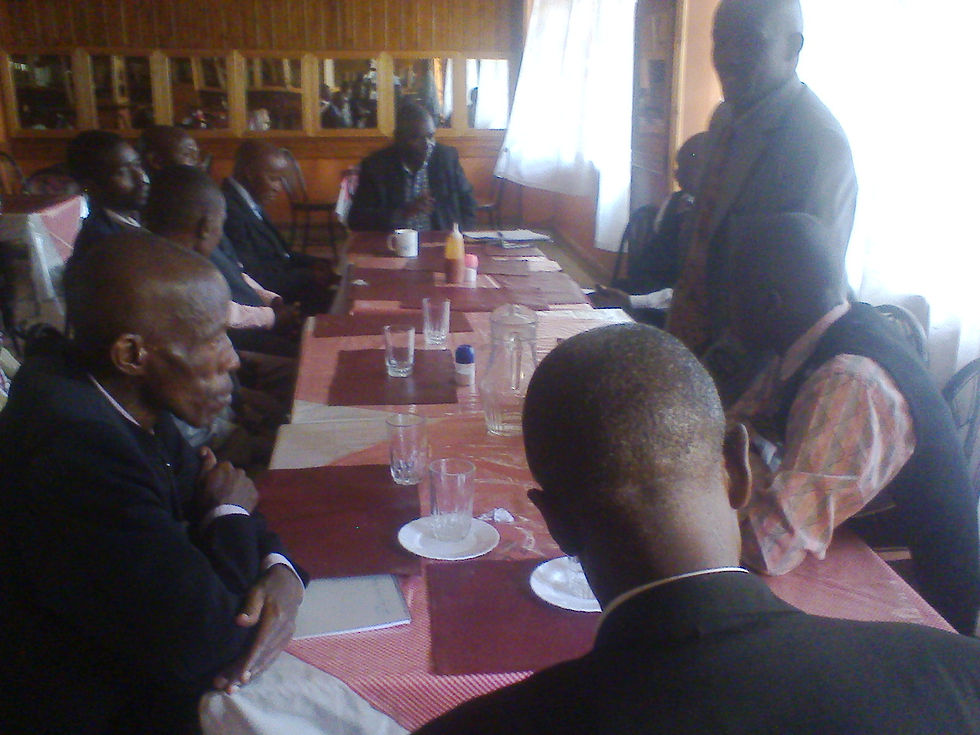CORRUPTION
- gateway

- Jun 19, 2018
- 2 min read
A closer look at corruption

When examining corruption, it is evident that it is a great phenomenon- or maybe a set of phenomena that are linked in different ways but there is no clinical definition which encapsulates it. Furthermore, if corruption is understood as a collection of phenomena, it then follows that understanding corruption requires an understanding not only of the individual phenomena, but also how numerous phenomena inter-relate. Such a general understanding is critical to developing effective control strategies. When one is able to define what corruption is, one can understand how to prevent it.
Firstly, corruption is related to the performance of the duties of public office. Nye states that "Corruption is behavior which deviates from the normal duties of a public role because of private - regarding pecuniary or status gain: or violates rule against the exercise of certain types of private- regarding influence (1967:41s)".This includes such behavior as bribery, nepotism and misappropriation of public resources for public uses.
Transparency International uses a focused definition of the term which operationally defines corruption as the misuse of entrusted power for private gain. It further makes a distinction between "according to rule" corruption and "against the rule" corruption (TI 2010:15). World Bank defines corruption as the "abuse of public office for private gains when an official accepts, solicits or extorts bribes" (1997:8). Central to this definition is that corruption is the abuse of public authority for private profit.
In order to engage in the struggle against corruption, an NGO should have an overview of the key debates about corruption, as well as an assessment of corruption in his/her country. Such an overview will not only provide information about possible causes and remedies, but also help prioritize intermediate goals based on areas of greatest need in the particular society, as well as the resources and allies that may be involved in the process.
Those working for greater understanding of corruption have devised useful categories and definitions that we can learn from – the most common being “petty” and “grand” corruption. The value of such categories and definitions is that it helps us to be selective in our ways of fighting corruption – what may be applicable in some circumstances may not be applicable in others.
#Corruption




Comments